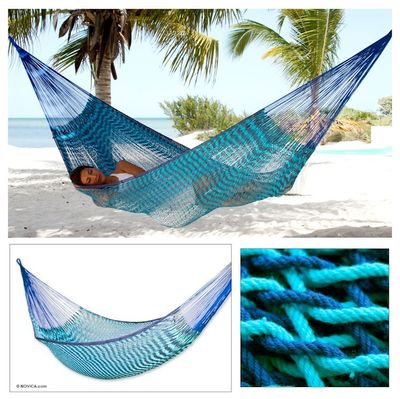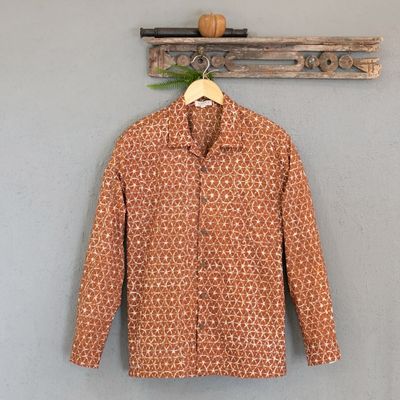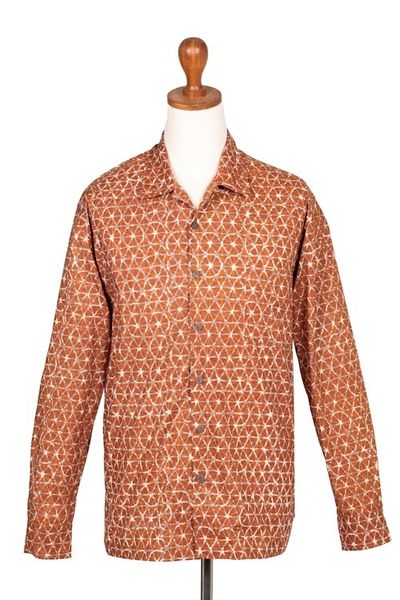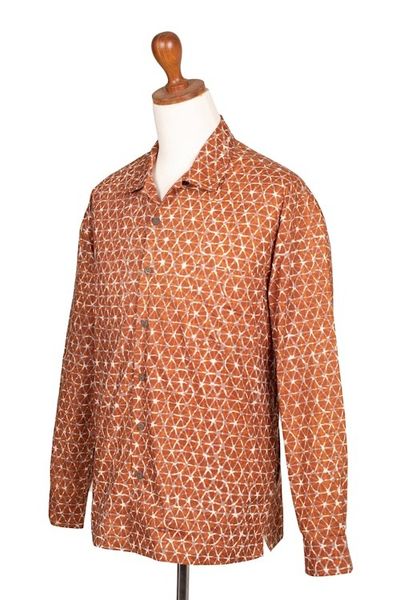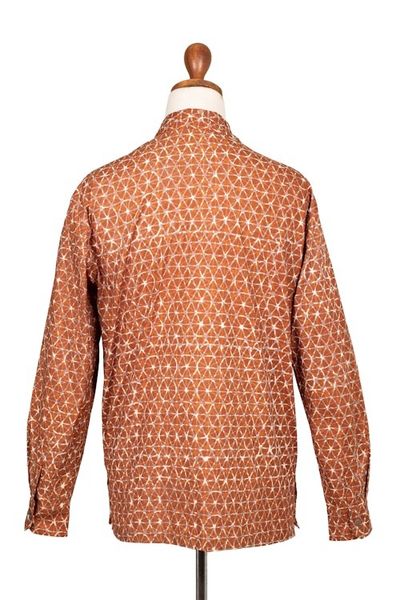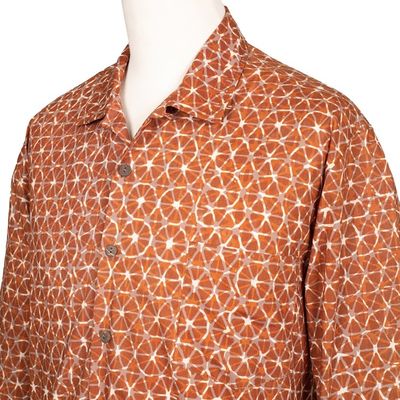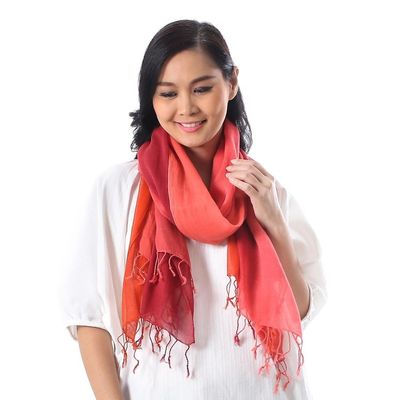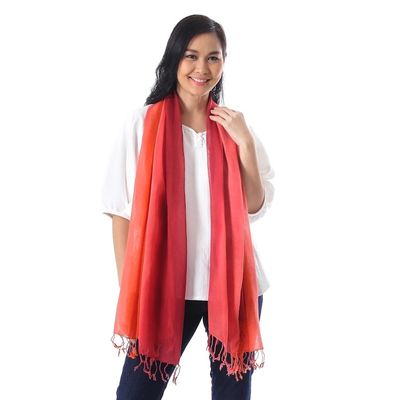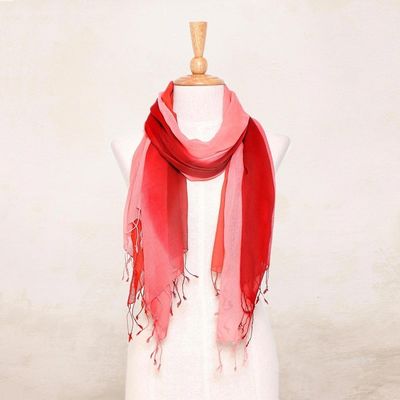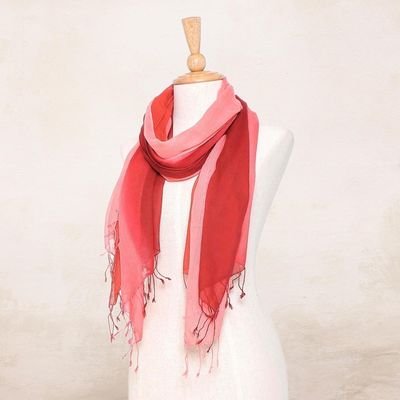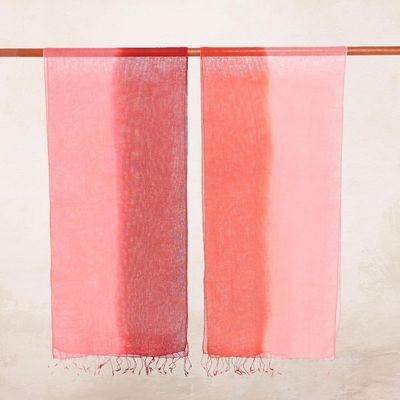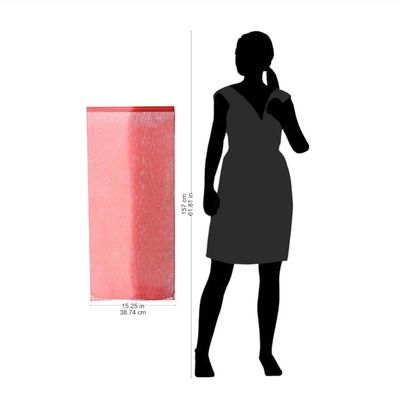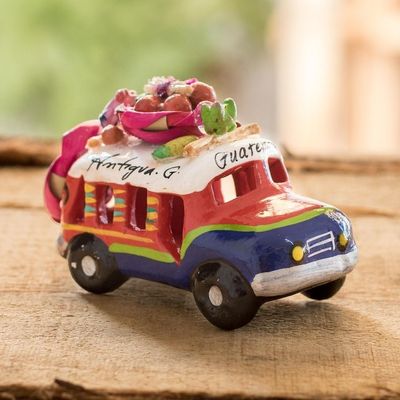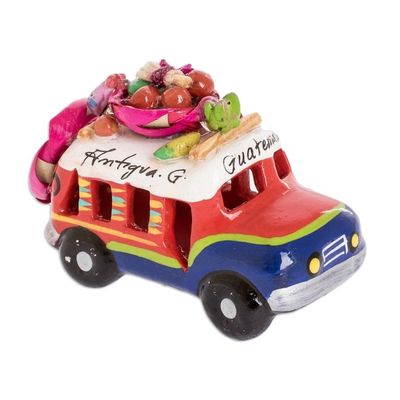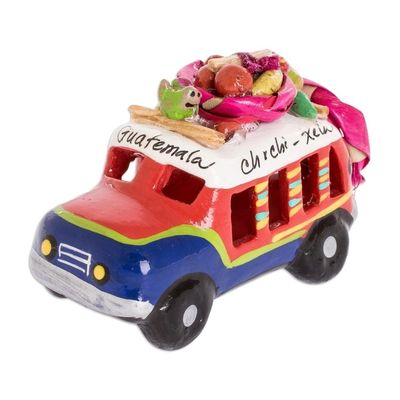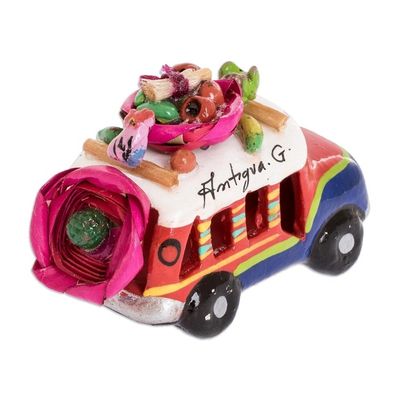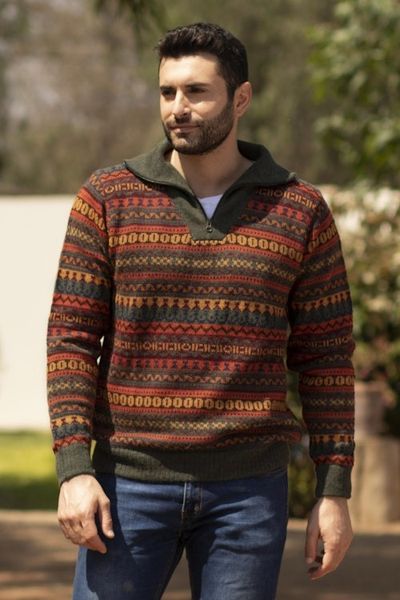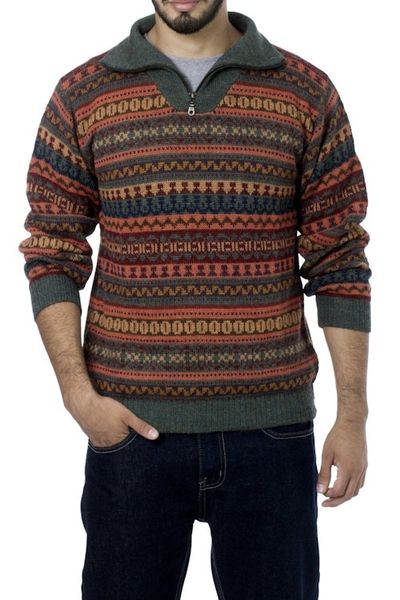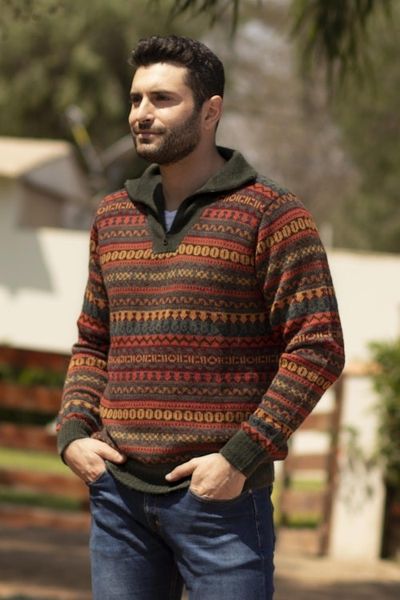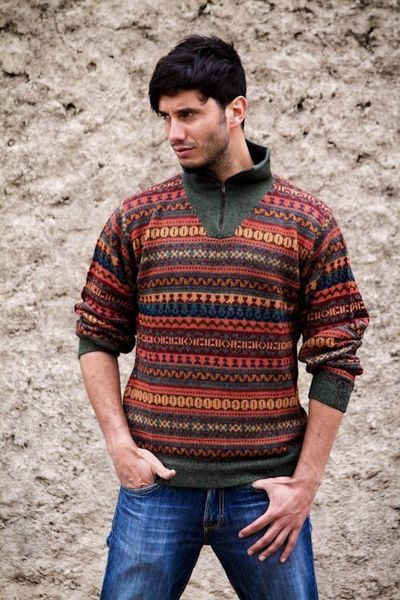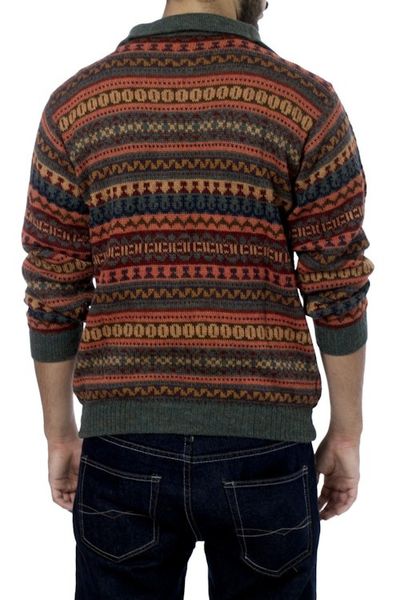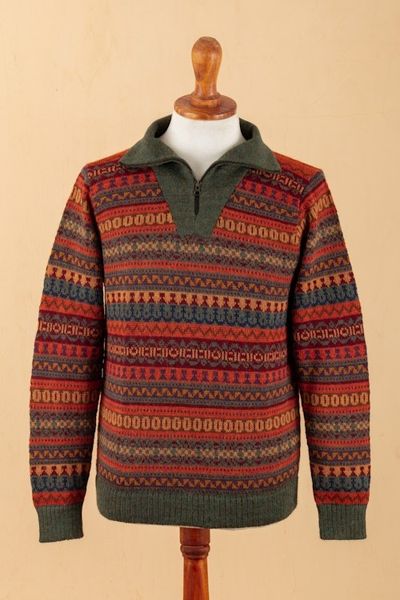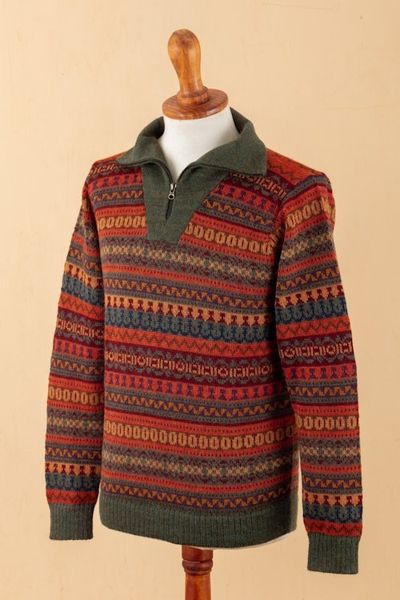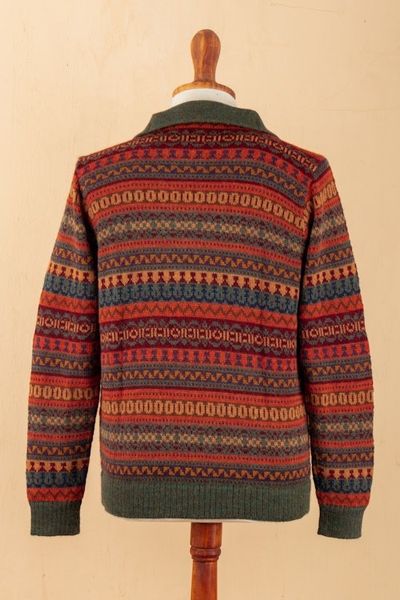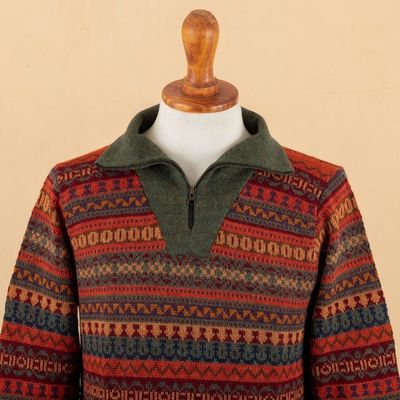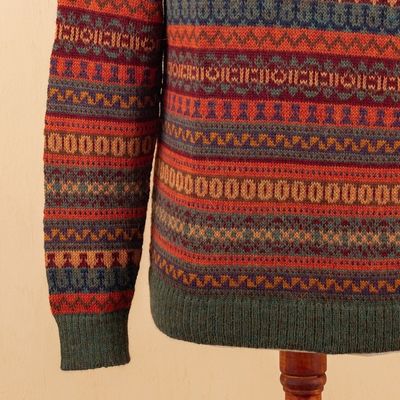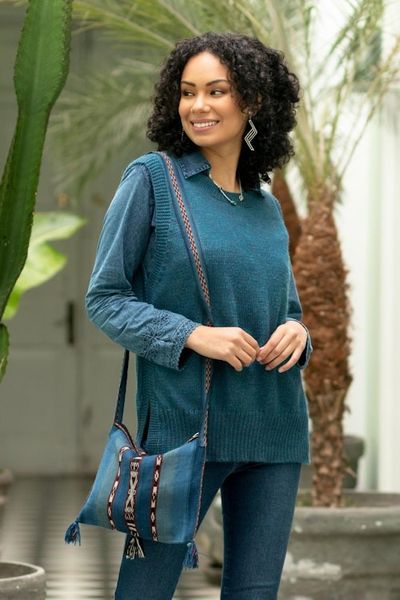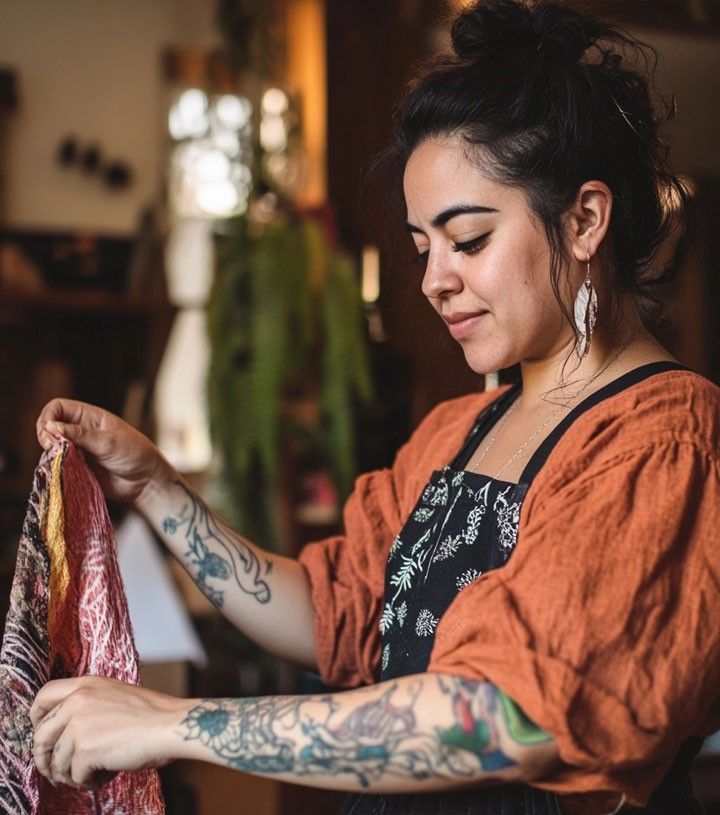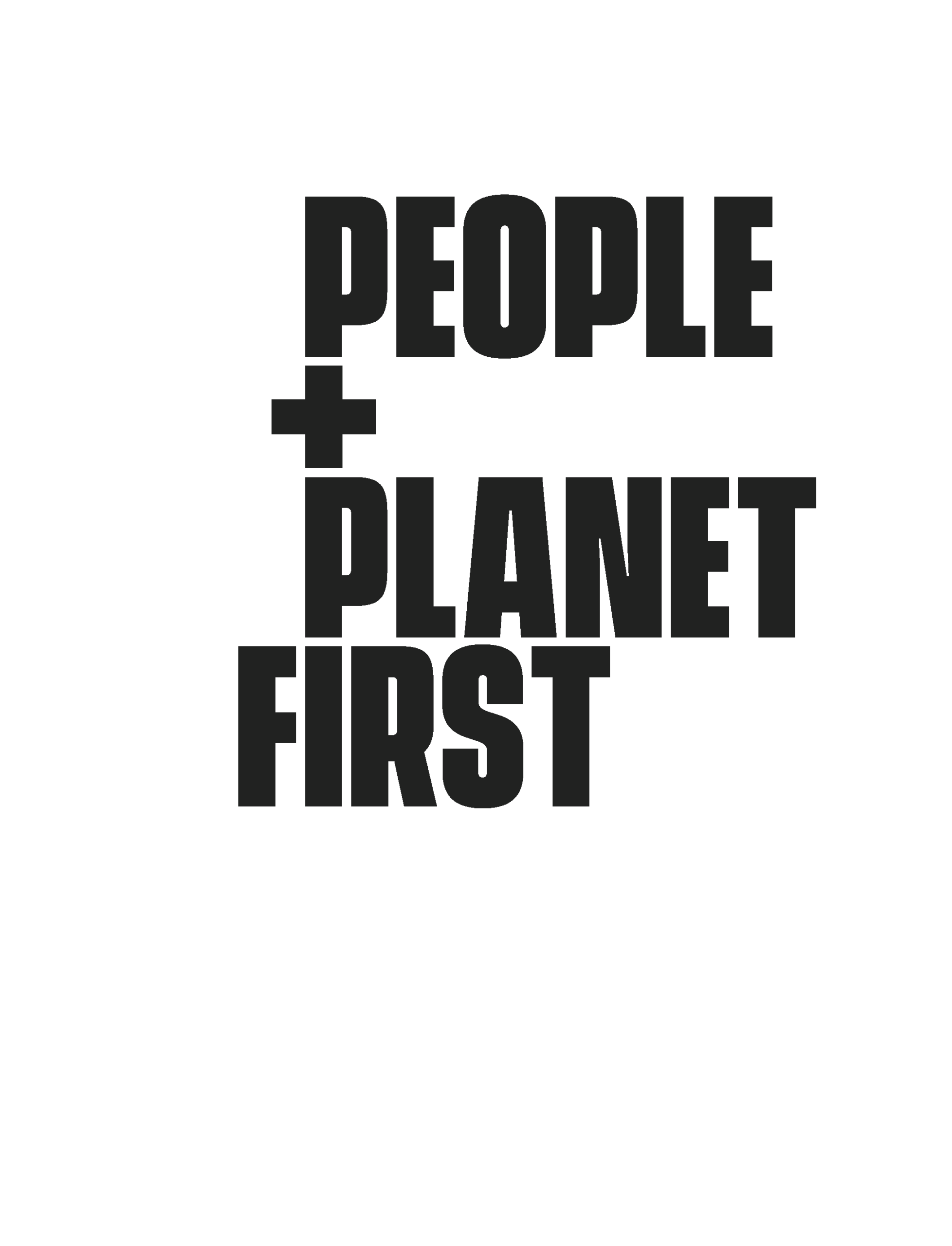Warm Deep Pink Alpaca Blend Pullover Sweater from Peru 'Fuchsia Rose' Item ID: 2669904385
$179.99 $179.99 $179.99 $179.99 $179.99This is your own listing item.
100% Happiness Guaranteed!
![]() Shop with Confidence
Shop with Confidence
![]() Easy 30 day returns!
Easy 30 day returns!
Other favorites
View moreMeet the maker

Marita Cornejo alpaca, wool and cotton clothing
“I am Marita Cornejo. I was born in 1989, in the beautiful province of Arequipa, Peru, a land blessed by its splendid geography and beautiful cities. From the Colca valley, with its terraces and its colonial churches, to its snow-capped mountains, which enclose the Misti volcano, it is imposing from wherever it is seen.
“I would like to tell you that I am a very cheerful woman. I really like to laugh and enjoy the simplest things; my family, nature and my work. I have the joy of being able to find happiness in everything I do, every day. I enjoy sharing happiness with the people around me, be it with my family, friends or in my work. Another characteristic of my personality is that I am optimistic. In the face of any situation or difficulty, I like to see the positive side of it. I am convinced that if we face our problems with a good face, we are being part of the solution and not of the problem. I like to think that we have no limits and that we must always face our fears.
“But above all, I consider myself a super responsible woman. When I commit to doing something or fulfilling a goal, my efforts and energy are focused on what I have to do. Like everyone, I have gone through difficult times. One of them was moving to the great capital of Lima. This was due to a job improvement. I love my job and when the opportunity to move presented itself, I did not hesitate for a minute. However the collateral effects implied being away from my family, my parents, my sisters, my little nieces. It was very hard being away at first, getting used to a big new city all alone. I come from a very homelike family, and it was very difficult to get used to.
“I come from a very united and conservative family. Leaving my family in my hometown to develop in the field that interests me was my first difficult moment. At that time I worked in a family business where the owner was a very aggressive macho man. I did not feel good about myself or have the strength to report it. More than once I considered going home and returning to my comfort zone. However, I did not do it. I left that job to start my own company, and today I am proud that I did not give up my dream, because I feel that it has already begun to come true.
“I remember that when I was a child, around 4 or 5 years old, my parents took me to an animal fair and the alpaca was on display among several animals. My mother asked me to caress one of them so she could take a photo. As soon as I touched it, I was fascinated by its softness. I remember thinking that it was a friendly little animal, very docile. I liked being there, playing with my fingers between her fur. That year we returned to the fair about 3 times so that I could visit the alpacas. I will never forget how happy I felt there, caressing a cute alpaquita. Since then, whenever I had the opportunity, I went to farms or fairs to be able to see them again.
“However, it wasn't until just before I finished college that I was invited to work for a textile company. As soon as I visited the factory and touched the fiber again, I was transported to that time I was at the fair. I fell in love with my work, now with a better understanding; not only of the noble animal and its fiber, with all the pleasant properties that make it one of the best fibers. But also because of the historical legacy we receive from alpaca and textiles in Peruvian history.
“When we had just started working together with our artisans and we were in our first sales and promotion campaign, COVID-19 arrived. Due to the level of uncertainty in the market and perceived by our target customers, we were unable to reach the volumes we had projected. Along with the restrictions, our biggest challenge was to support our artisans during the first 4 months. They were the most affected, since they work day to day and were without income. That is why we launched solidarity product campaigns that allowed them to work from home on basic products and that we promoted through social networks. They were very well received, and that allowed us to be supportive.
“I would like to tell you that I am a very cheerful woman. I really like to laugh and enjoy the simplest things; my family, nature and my work. I have the joy of being able to find happiness in everything I do, every day. I enjoy sharing happiness with the people around me, be it with my family, friends or in my work. Another characteristic of my personality is that I am optimistic. In the face of any situation or difficulty, I like to see the positive side of it. I am convinced that if we face our problems with a good face, we are being part of the solution and not of the problem. I like to think that we have no limits and that we must always face our fears.
“But above all, I consider myself a super responsible woman. When I commit to doing something or fulfilling a goal, my efforts and energy are focused on what I have to do. Like everyone, I have gone through difficult times. One of them was moving to the great capital of Lima. This was due to a job improvement. I love my job and when the opportunity to move presented itself, I did not hesitate for a minute. However the collateral effects implied being away from my family, my parents, my sisters, my little nieces. It was very hard being away at first, getting used to a big new city all alone. I come from a very homelike family, and it was very difficult to get used to.
“I come from a very united and conservative family. Leaving my family in my hometown to develop in the field that interests me was my first difficult moment. At that time I worked in a family business where the owner was a very aggressive macho man. I did not feel good about myself or have the strength to report it. More than once I considered going home and returning to my comfort zone. However, I did not do it. I left that job to start my own company, and today I am proud that I did not give up my dream, because I feel that it has already begun to come true.
“I remember that when I was a child, around 4 or 5 years old, my parents took me to an animal fair and the alpaca was on display among several animals. My mother asked me to caress one of them so she could take a photo. As soon as I touched it, I was fascinated by its softness. I remember thinking that it was a friendly little animal, very docile. I liked being there, playing with my fingers between her fur. That year we returned to the fair about 3 times so that I could visit the alpacas. I will never forget how happy I felt there, caressing a cute alpaquita. Since then, whenever I had the opportunity, I went to farms or fairs to be able to see them again.
“However, it wasn't until just before I finished college that I was invited to work for a textile company. As soon as I visited the factory and touched the fiber again, I was transported to that time I was at the fair. I fell in love with my work, now with a better understanding; not only of the noble animal and its fiber, with all the pleasant properties that make it one of the best fibers. But also because of the historical legacy we receive from alpaca and textiles in Peruvian history.
“When we had just started working together with our artisans and we were in our first sales and promotion campaign, COVID-19 arrived. Due to the level of uncertainty in the market and perceived by our target customers, we were unable to reach the volumes we had projected. Along with the restrictions, our biggest challenge was to support our artisans during the first 4 months. They were the most affected, since they work day to day and were without income. That is why we launched solidarity product campaigns that allowed them to work from home on basic products and that we promoted through social networks. They were very well received, and that allowed us to be supportive.

The Andes Fulfillment Hub
Explore the Andes region, once home to the Inca, Wari, Chavin and other ancient empires. Today, the influences of these ancient civilizations can be found in the artistic handicraft traditions that artisans use to create the vast array of jewelry, home furnishings, pottery, textiles, paintings and folk art that preserve the diverse, complex heritage of this colorful Latin land.













